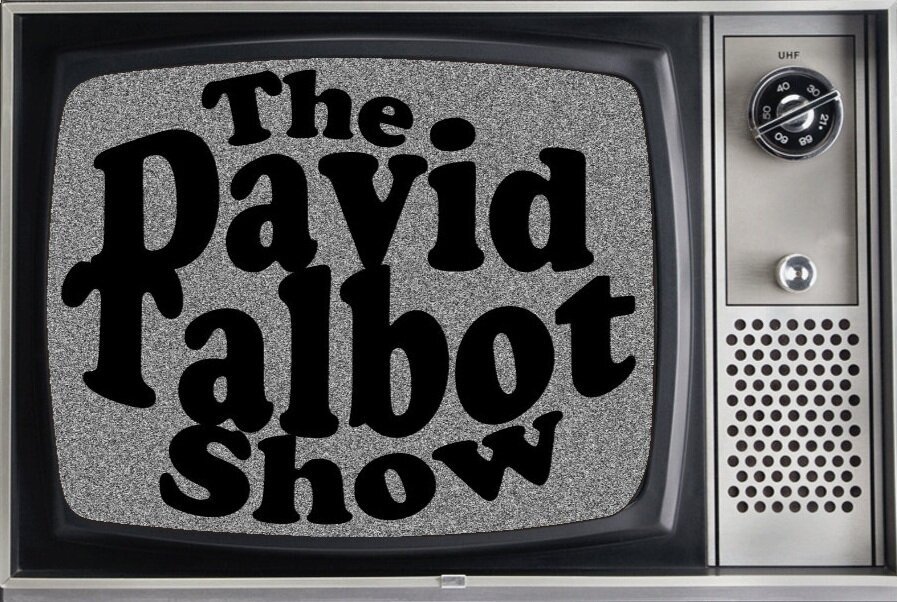The Politics of the Super Bowl
After being an ardent NFL fan (and a high school football player), I stopped watching football a few years ago. The head injury crisis (particularly after my own brain trauma in 2017) simply made the game unenjoyable for me. Then the Covid eclipse made pro sports even more invisible for me. But I have to admit, when I heard that Tom Brady — who will turn 44 this year and has won a staggering seven Super Bowl rings — is going to star in another Big Game (as the Tampa Bay Buccaneers QB this year), it made my head, yeah, explode.
As a hardcore 49ers fan back in the day, I used to bemoan the team’s failure to sign up the Bay Area boy wonder, who could’ve kept the post-Joe Montana, post-Steve Young dynasty going for years more. I assumed that, like Joe, Tom Terrific was a good San Francisco values kind of guy. But then I heard he was a Trumpie — and Brady joined my enemies list. While I was still watching football, he became the player I loathed the most — a loathing made easier by the ruthless, robotic personality of Coach Bill Belichick and the win-at-any-cost ethos of the New England Patriots.
And now Brady is a Buc, but he’s just as easy to hate. A Florida resident (like you know who), he recently bought a mansion in the same exclusive neighborhood as the even more repulsive Jared Kushner and Ivanka Trump.
Facing off against Brady in this year’s Super Bowl will be Kansas City’s 25-year-old QB Patrick Mahomes, who has appeared in a Black Lives Matter video, joined LeBron James in a 2020 voter registration drive, and spoken out forcefully for “equality” in our nation.
If I end up watching the Big Game on February 7 — which I admit I just might — I know which team I’ll be rooting for.

